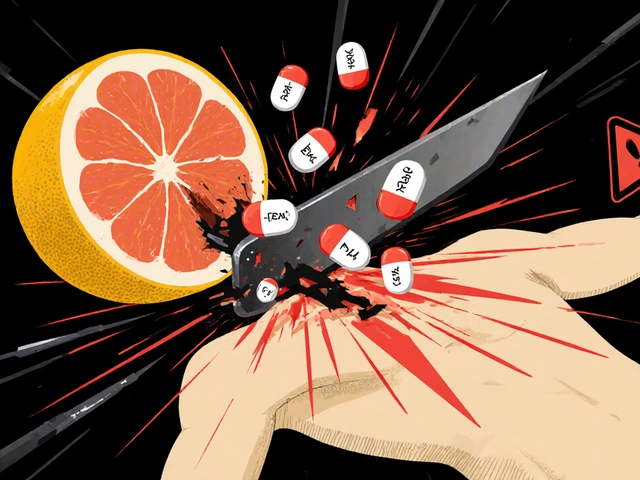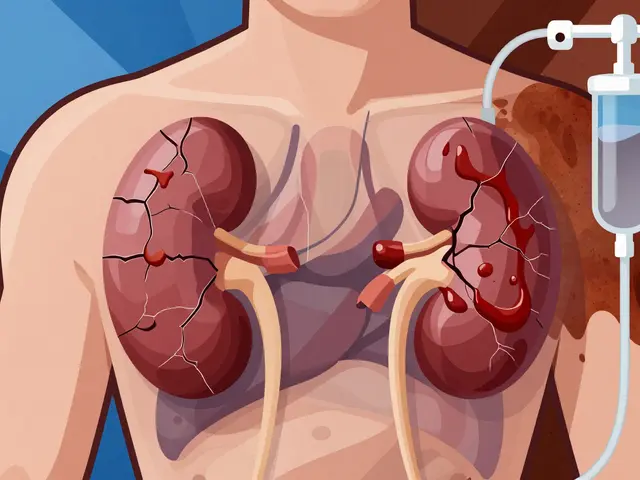Blood Thinner Diet Restrictions: What You Need to Know
If you're taking blood thinners, diet plays a big role in keeping your treatment safe and effective. These medications thin your blood to prevent clots, but some foods can affect how well they work. Knowing what to eat and what to skip can help you avoid issues like too much bleeding or losing the medication’s effect.
Why Diet Matters with Blood Thinners
Blood thinners like warfarin work by affecting vitamin K, a nutrient found in many foods. Vitamin K helps your blood clot, so eating a lot or very little can change how your medicine works. If you suddenly eat more vitamin K, your blood may clot more easily, reducing the drug’s efficiency. On the flip side, cutting it out completely can raise bleeding risks.
This means keeping your vitamin K intake steady is key. That doesn’t mean you must avoid it altogether but eating roughly the same amount day to day helps your doctor adjust your medicine correctly. Don’t assume you can change your diet without telling your healthcare provider.
Foods to Watch Out For
Leafy greens like spinach, kale, collard greens, and broccoli are high in vitamin K. You don't need to avoid them entirely, but eating large amounts suddenly can interfere with blood thinners. Other veggies like Brussels sprouts and green tea have vitamin K too.
Besides vitamin K, some foods and supplements can also affect blood thinning. Garlic, ginger, and fish oil might increase bleeding risk, especially if taken in large doses. Alcohol can mess with your medication balance and also raise bleeding chances, so moderate to avoid surprises.
The trick is balancing your diet with your doctor's advice and not making sudden leaps in what you eat. Keep a food diary if it helps you track intake. Always mention any new supplements or major diet changes when you see your healthcare professional.
Bottom line? Blood thinners demand some extra attention to your plate, but you can still enjoy meals with veggies and flavor. Stay consistent, stay informed, and communicate with your doctor to keep your treatment effective and your health in check.





